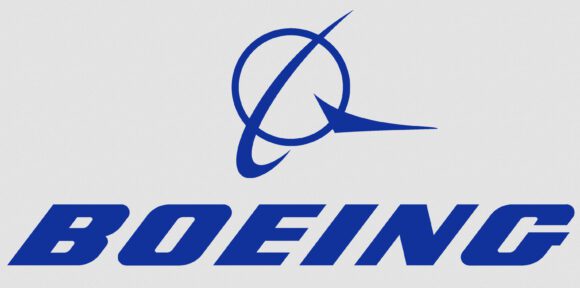Last week it was Cargolux deferring deliveries with a dispute, now Atlas Air, the second 747-8F customer scheduled for deliveries, has taken its options to cancel its first three aircraft orders, deferring deliveries of its nine remaining orders to later this year, with what it indicated it hopes to be “better performing aircraft.”
Apparently, like the early L-1011s, Boeing has manufactured some “lead sleds” that are overweight. Combined with the GEnx engine missing its targets by a fairly wide margin — we’re hearing 3% below its target for the 747-8 — customers are leery of taking those early aircraft. At the rate things are going, Cargolux doesn’t want them without significant compensation (and Al-Baker from Qatar, now a key shareholder, will make certain that happens or cancel the orders) and now Atlas Air has chosen to wait for later airplanes than to accept the early airplanes it was scheduled for as the second customer, after Cargolux, and cancel three orders. Boeing’s customers are certainly not happy campers!
Unlike the early 1970s, when missing fuel targets wasn’t yet as critical as it is today, airlines have decided that they want to obtain the performance they were promised — and if not, be generously compensated to make up for the difference in fuel cost or payload over the expected life of the aircraft. That isn’t inexpensive, if they perform the calculations correctly.
Will Boeing be able to deliver those first few airplanes, which are five to six thousand pounds overweight and with engines that miss their fuel burn target by 3%? Not without a massive discount in today’s market, if they can get someone to take them at all. Clearly, GE will develop additional performance kits, as they have routinely done in the past with the CF-6, GE-90 and now GEnx, the former of which missed their targets at introduction and turned out to be good engines. But how soon will it take to meet the goal, and will the first kit fix the entire gap, or will it take 2, or 3 modifications to reach the target level. 3% is not an insignificant miss for an aircraft engine. But the weight is still there, and added aircraft weight equals reduced payloads, which means lower revenues for a cargo carrier. Unless the price comes down significantly, nobody will want those first few aircraft.
This is an embarrassingly rough start for the 747-8 program. Could we soon see some tails painted white in Everett? It is a real possibility.
Views: 1




Contrast Atlas’ carefully measured cancellation, which they clearly have the contractual right to do, with CV’s (U-Turn Al’s) rejection. Before postponement of delivery, CV had agreed to compensation with full knowledge of the 748’s shortcomings and to take delivery of the first two on specific dates. On Sept 2, their Pres, Frank Reimer, had effusively and unconditionally praised the plane. U-Turn actually agreed with CV’s compensation in his scattered, back-handed way by saying he wanted compensation for Qatar’s late 748s and 787s that matched CV’s. There is no question that these terms are in contractual form.
See AvWkhttp://www.aviationweek.com/aw/generic/story.jsp?id=news/avd/2011/09/20/02.xml&channel=comm
There is also no question that Reimer’s praise and U-Turn’s acceptance of their compensation agreement would be admissible in any legal proceeding to rebut CV’s belated new “claims” that they are now, suddenly, dissatisfied with the performance of the planes and their compensation.
So, what is the legal basis of CV’s claim to reject the planes they had contractually agreed to take because they were satisfied with their compensation and loved the planes? None I suspect. It is really an attempt by U-Turn to force B to agree to better compensation for Qatar which B has no legal obligation to give, by having CV breach its contract with B at the very last and most embarrassing moment, which they have no legal right to do.
Extortionate as this gambit is, B will never go to court. They will thrash it out with U-Turn. Oh, to be a fly on the wall for that! So much for the rule of law.
1) Removing the paint off a 747-4 and using a polished finish saves 500 KG (~1100 lbs)
2) The only other place where they could possibly remove some weight is swapping out the metal tail fin assembly for a composite one but that is not easy or cheap.